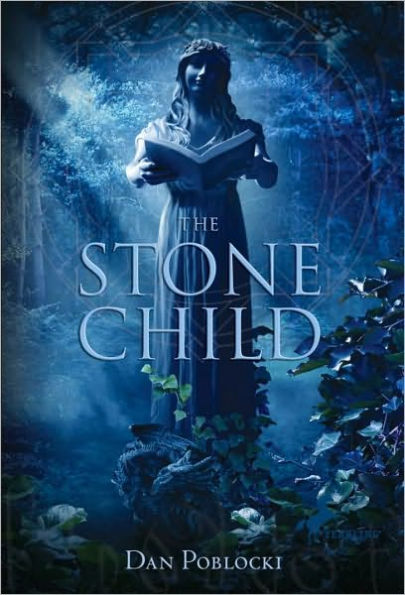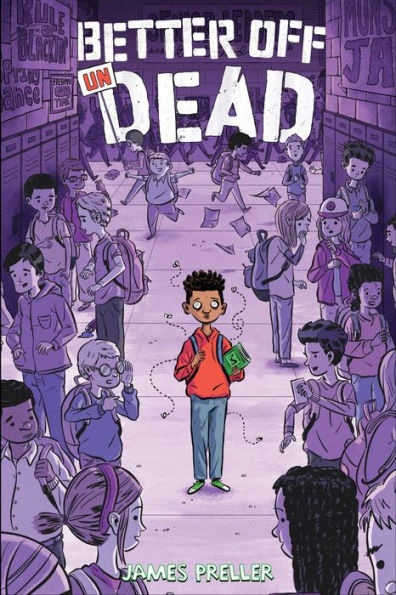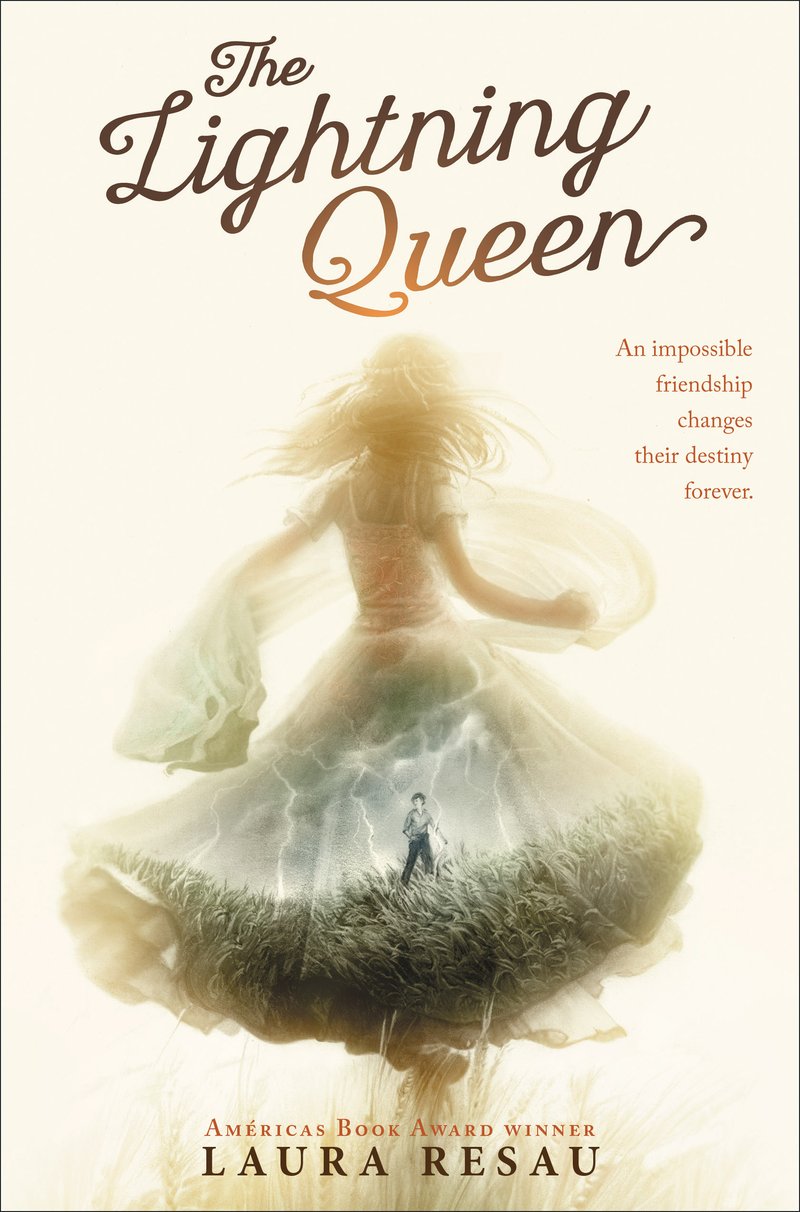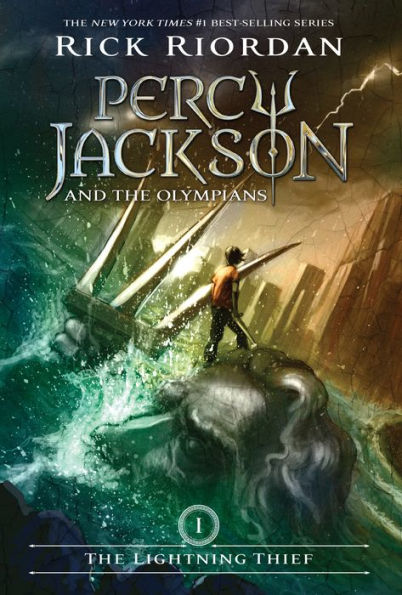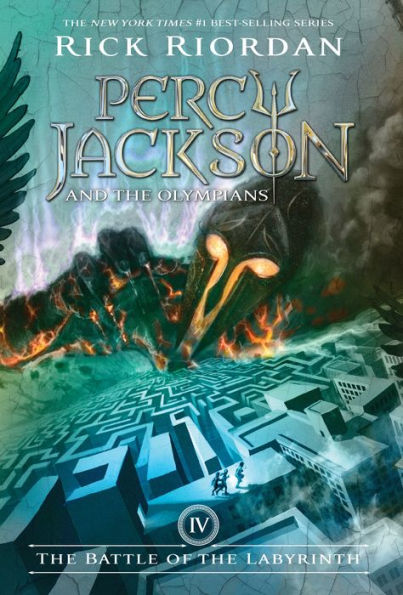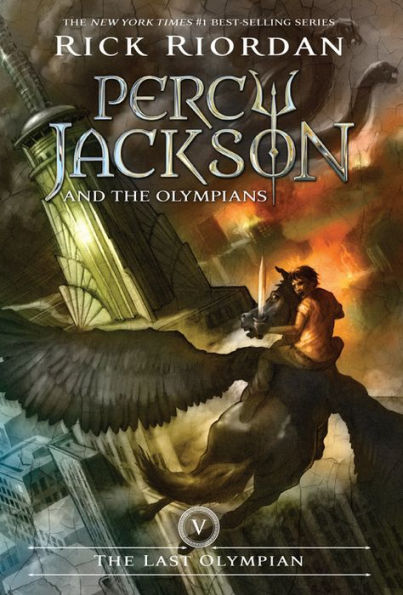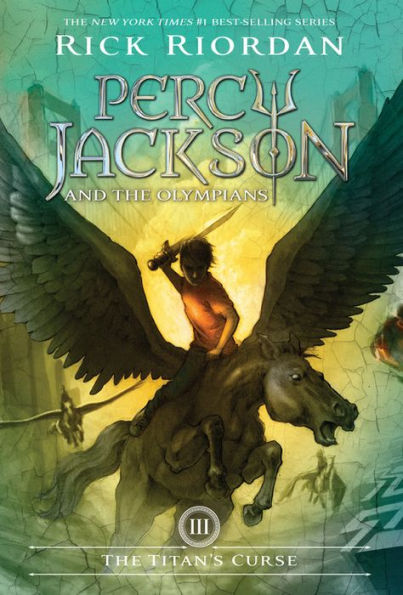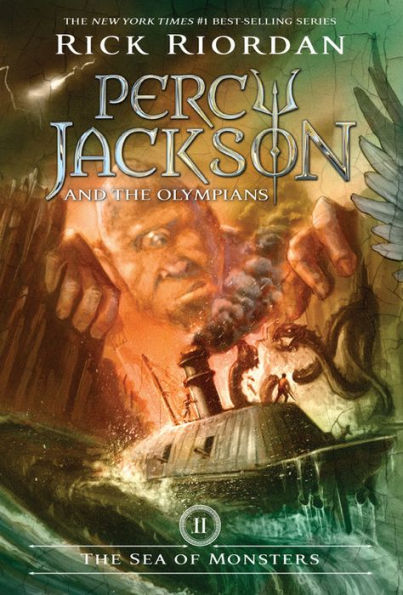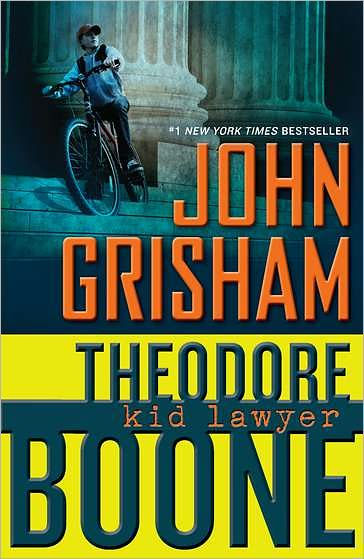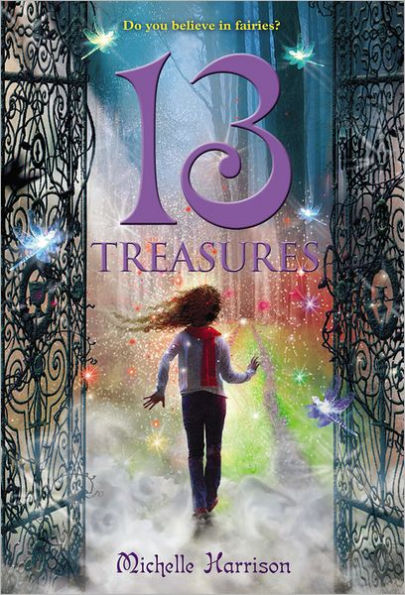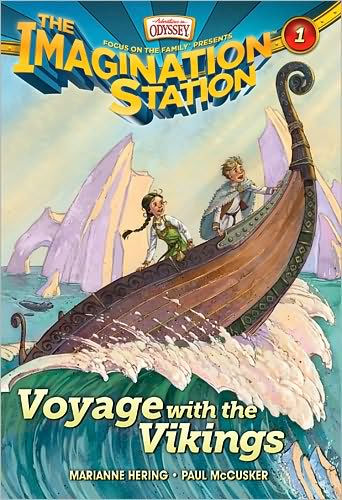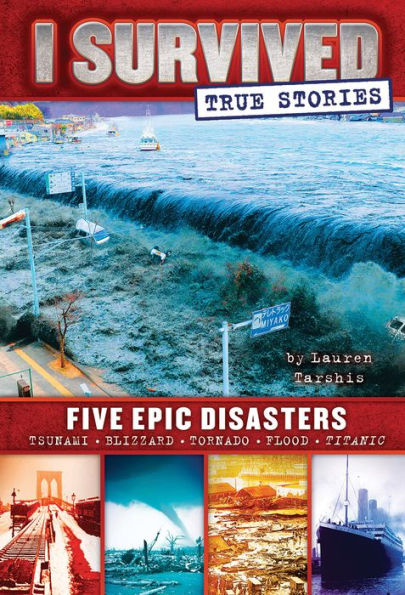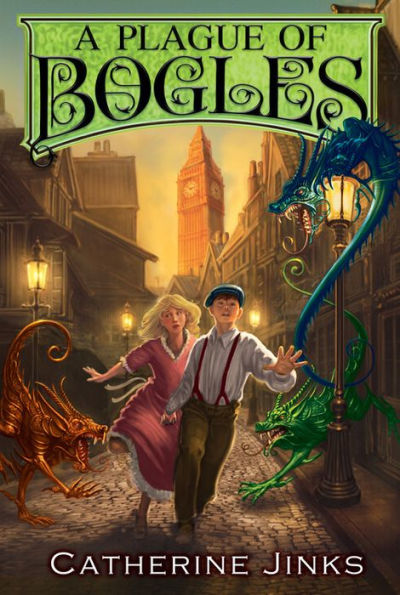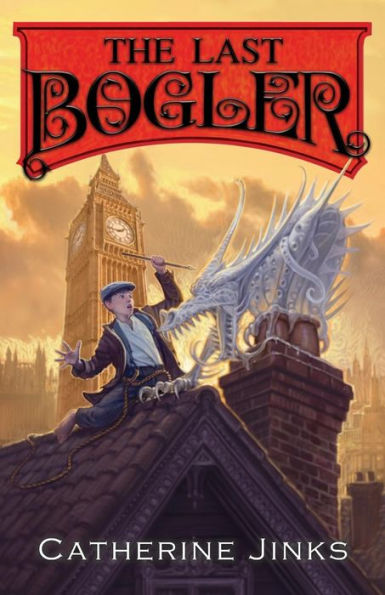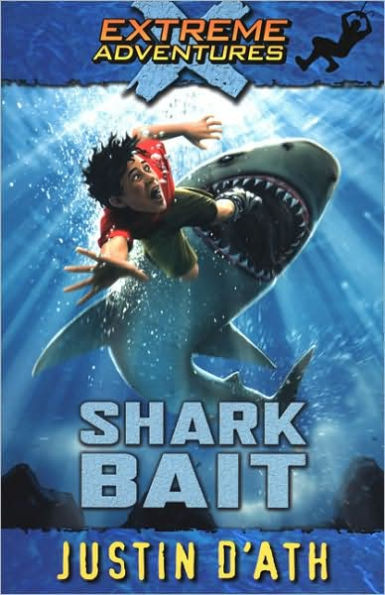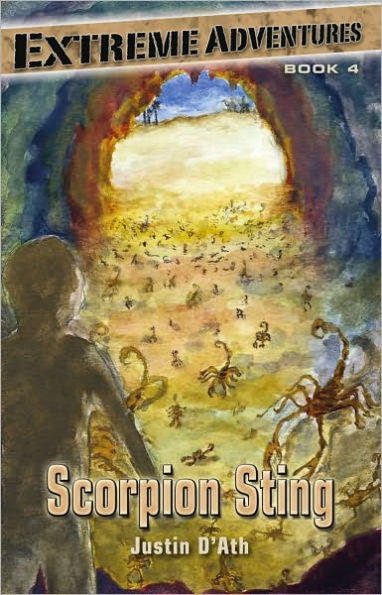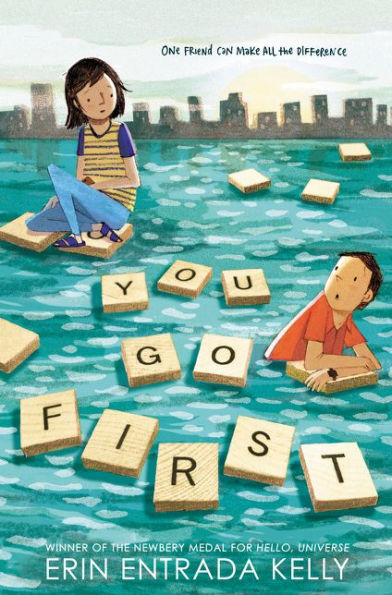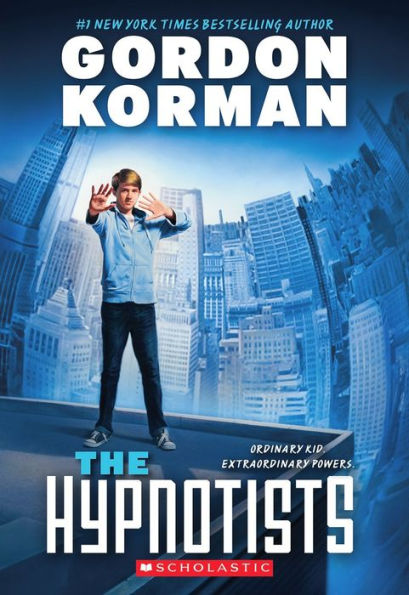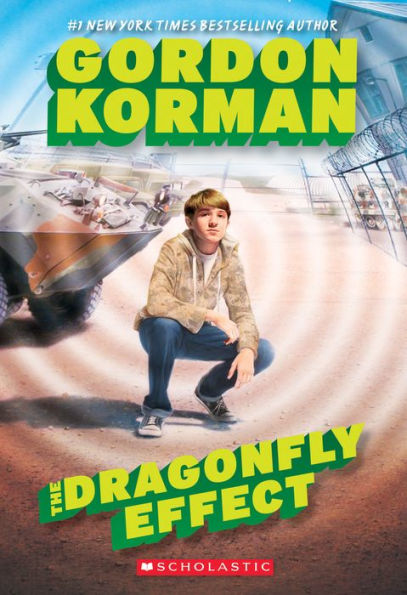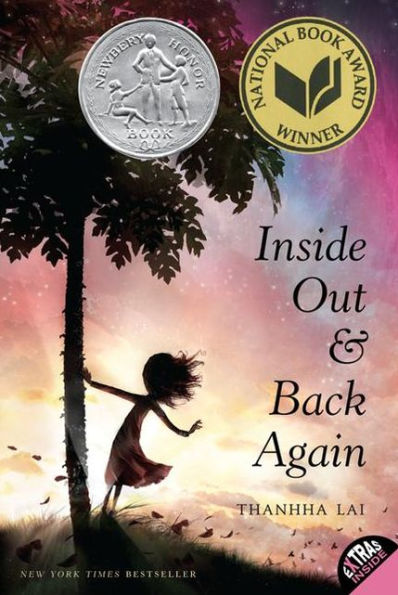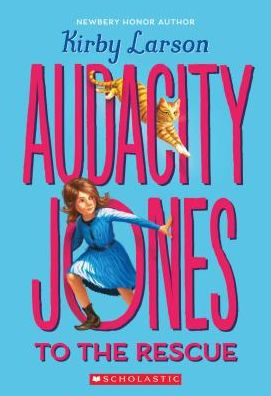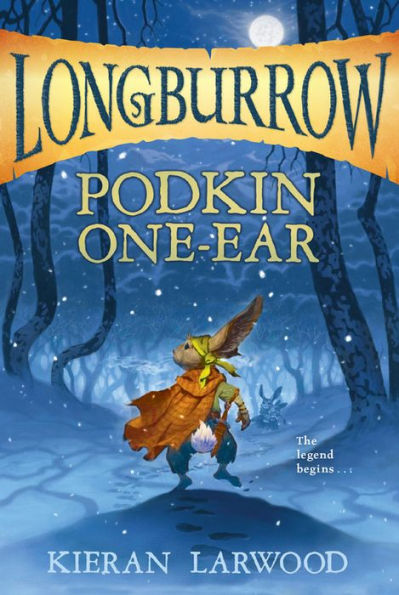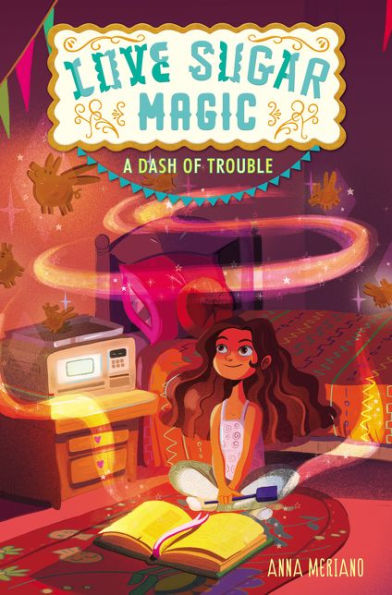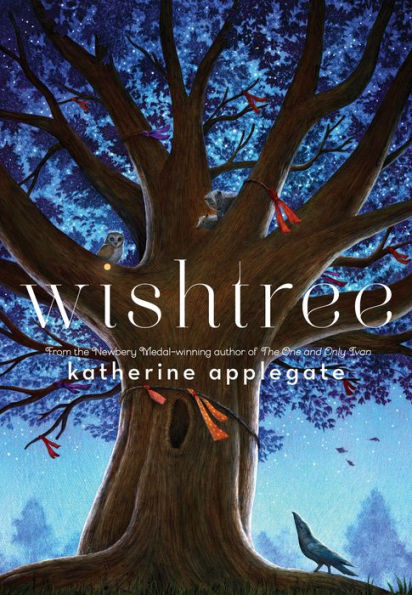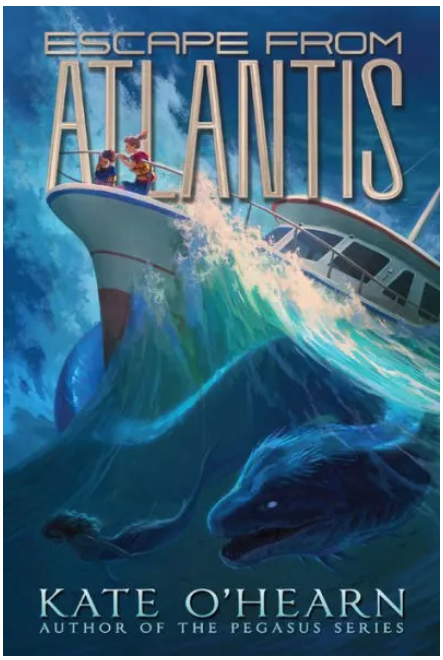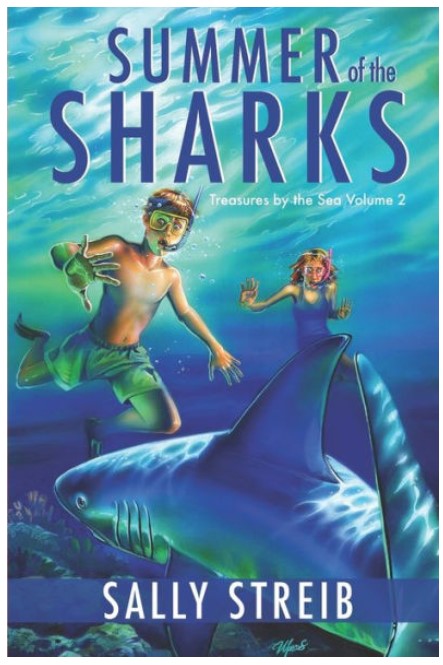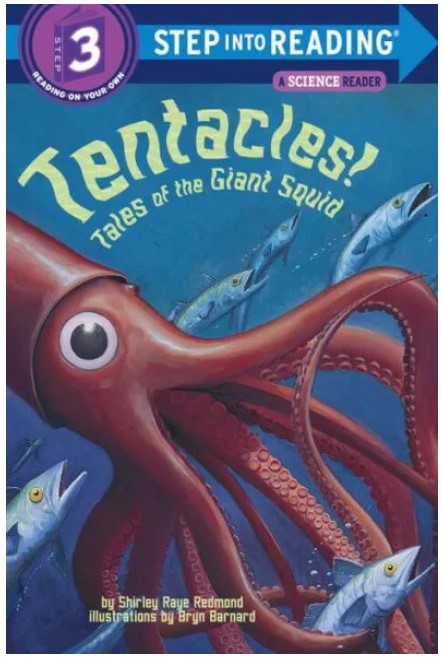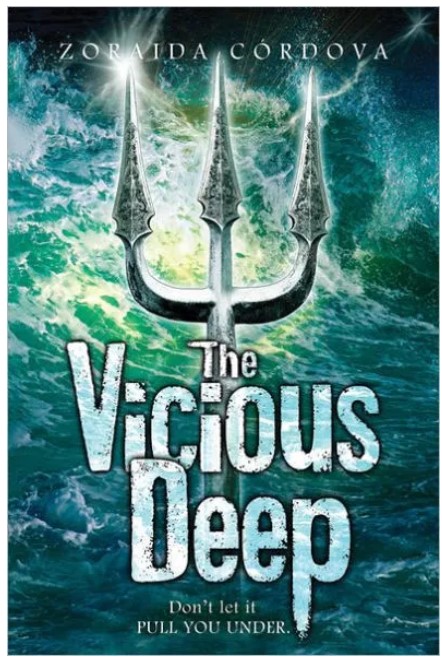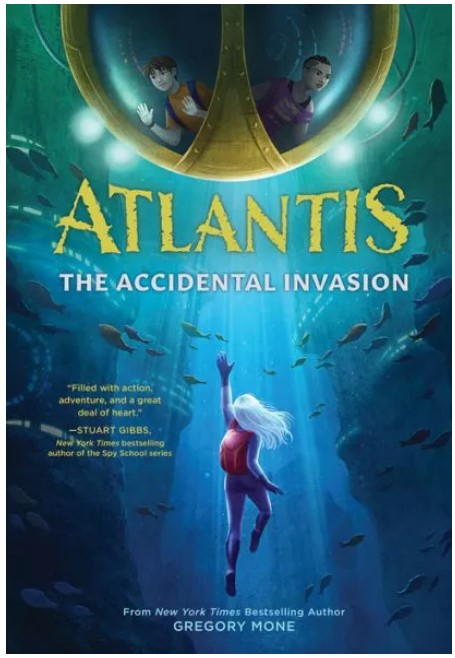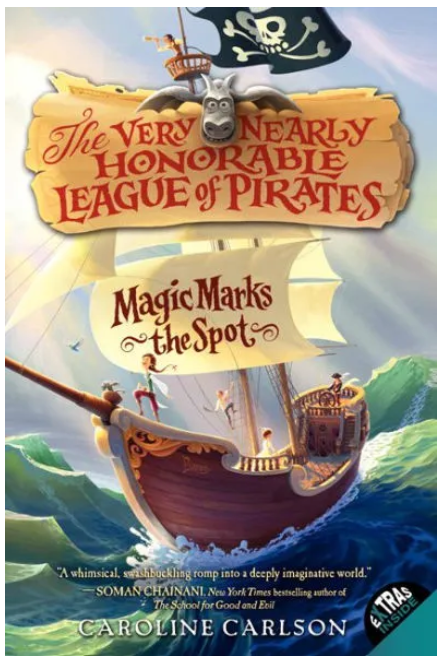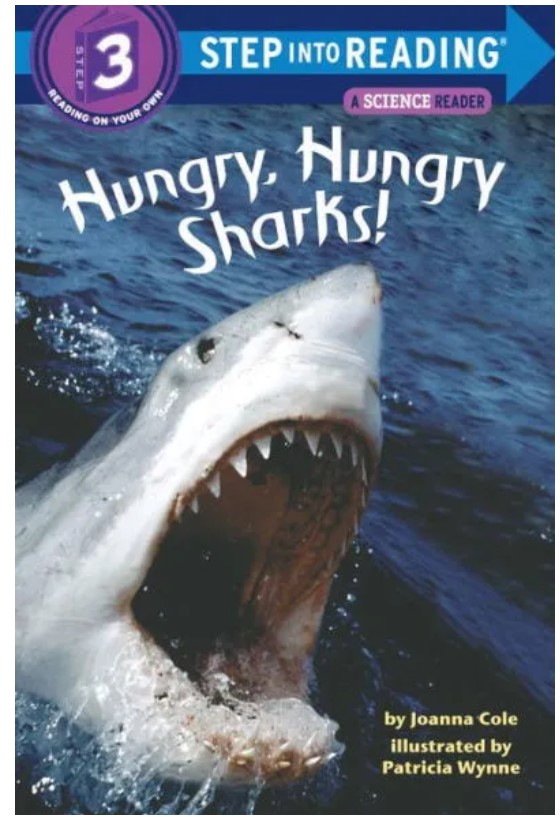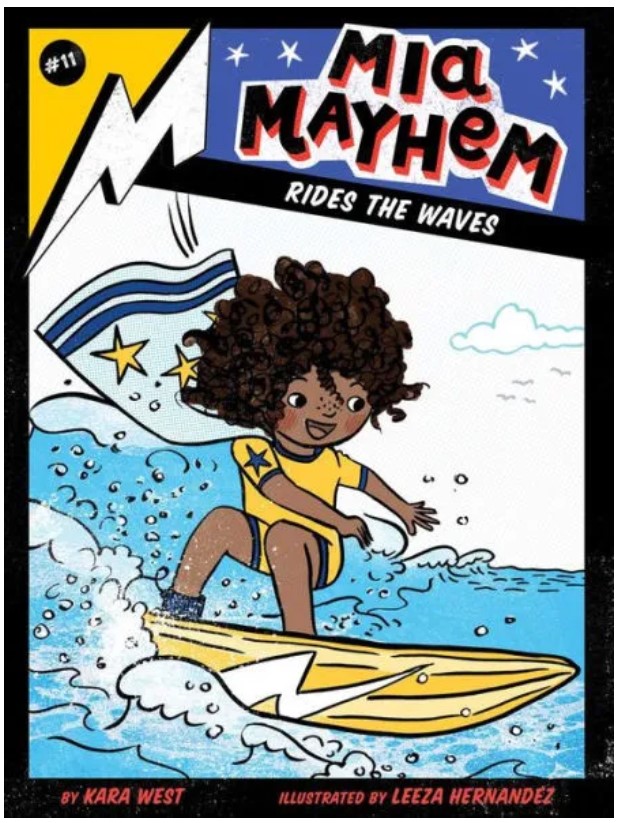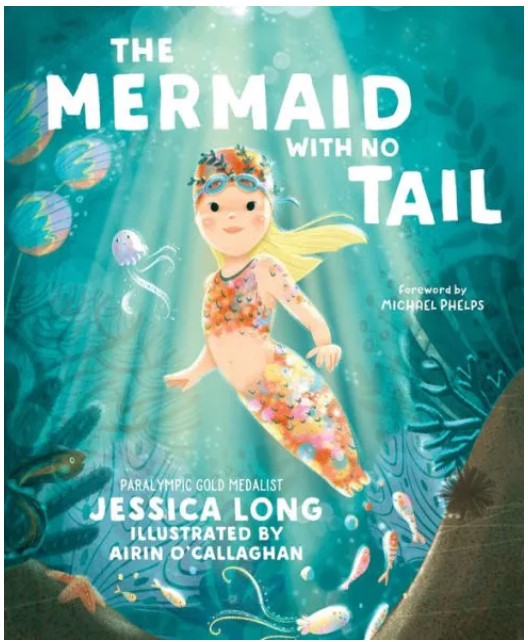Eddie has a lot on his plate. A new town, a new school, and a missing author. The missing man happens to be Eddie’s favorite author, a man famous for his scary stories. A man who hasn’t been seen for thirteen years. A man whose monsters seem to be walking right off the pages of his best-selling novels.
When Eddie finds an unfinished novel with the worst monster yet, he knows he cannot let that monster, The Woman, into his world. He and his friends set off to figure out what happened to the monsters’ author and to discover how his stories are coming to life. What they find is more terrifying and more dangerous than they ever imagined. Soon the fate of the world relies on three kids racing against time. For once The Woman’s story is complete, she will be able to torment our world.
The Stone Child is a spooky story with loads of suspense. It is written for younger readers with an appetite for mysteries, but may not be the best choice for children who scare easily. Eddie has creepy encounters with supernatural beings. Although monsters chase Eddie and his friends, the scenes are not graphic.
Eddie does get into a bit of trouble for the sake of the mystery. He trespasses, cuts class, and lies to his parents about where he is and what he is doing. But the whole time he is trying to stop The Woman, he is working to keep his parents and the rest of the world safe.
Sexual Content
- Harris warns Eddie, “‘She’s a real witch…Be careful. She probably put a spell on you. You might fall in love with her and have little witch babies.’ Then he started kissing his own hand in a really gross way.”
Violence
- Eddie and his family crash into a strange creature. “His father smashed his foot against the brake pedal. The car began to fishtail; the tires squealed. Eddie felt himself jerk forward against the seat belt . . Then came the horrible crunch as the front of the car crashed into the creature, sending it flying into the greenish darkness of the woods.”
- Eddie says a creepy guy was “sort of cool.” His mother jokes, “If serial killers are cool, then sure.”
Drugs and Alcohol
- None
Language
- Hell is said twice. For example, Harris screams, “You scared the hell out of us!”
Supernatural
- People believe in the Olmstead Curse. They think characters that Olmstead wrote about have come alive in the town of Gatesweed.
- People say a ghost haunts the woods behind Olmstead’s old house.
Spiritual Content
- The Garden of Eden becomes a central part of the mystery. According to what Eddie discovers, two statues guarded the garden against “creatures…doomed to exile.” These creatures are the ones haunting Gatesweed. Lilith, Adam’s first wife, was banished from the garden. “Lilith’s only companions in her new home were the Exiled – the most vile wretched creatures.” Those creatures have escaped from another world into ours, and now Lilith is trying to follow suit.
by Morgan Lynn
